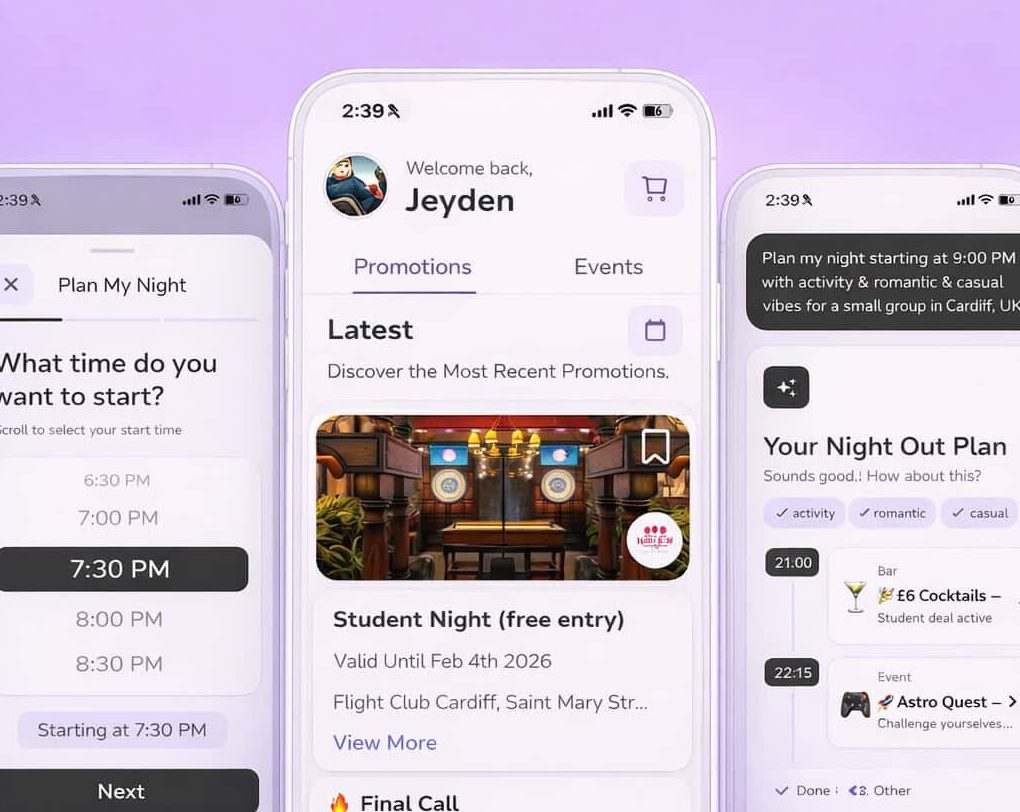Why I am proud to share my name with such a legend.
If you’d asked me a few years ago who my favourite Phoebe was I would have said the quirky and hilarious Phoebe Buffay from the timeless comedy Friends. However, that has now changed due to the just as quirky and even more hilarious Phoebe Waller-Bridge.
She is undoubtedly a once-in-a-generation talent as the creator of not one but two Emmy-nominated series ÔÇô Fleabag and Killing Eve. From the relatable character of Fleabag ÔÇô the awkward one-night stands, family pressures, her relationship (or lack of) with God, and of course cans of pre-mixed cocktails ÔÇô to the not so relatable female assassin Villanelle in Killing Eve, Waller-Bridge shows the versatility of her writing and direction. Now she has broken America and has helped with the rewriting of the script for the new James Bond film, adding another string to her already pretty full bow.
It is her hilariously dark and deeply sad Fleabag that has left me in awe of my fellow Phoebe. The way she skilfully navigates the artifice of human interactions with an ease that leaves even the most cynical viewer vulnerable is a talent that we have not seen for years. And if that wasn’t enough, she has done more to further the relevance of jumpsuits than anyone! When her character in Fleabag decided to break the fourth wall and speak directly to the viewers, inviting us into her mind to experience her true thoughts and feelings, she couldn’t have expected that we would fully refuse to get out.
Fleabag quickly and deservedly became one of my favourite TV shows after just the first episode. For me, Waller-Bridge’s genius is evident in the way that she uses humour to tell her profoundly sad and at times dark story. From the first episode viewers are led to believe the series is about nothing but sex, but we soon learn that the story is mostly about love in its platonic forms. I love and respect the way she portrays the female friendships of her characters as the real romances and love stories in her work. It is clear that she understands the staples of female relationships and she is not shy of exploring these in her work, showing the insecurities, emotional conflicts and unspoken competitions that these relationships often involve. Before the characters of Waller-Bridge’s imagination, we were lacking genuine multifaceted female characters in a world of the perfectly fake. The way her female protagonists are able to truly and fully own their complicated personalities make for some relatable, touching and outright brilliant storylines. Although the show ended perfectly with the season two finale, I definitely haven’t scratched my Fleabag itch!
Waller-Bridge is an active female writer-actor-director and all-round boss bitch. Her powerful and unapologetically feminist views have helped remake the idea of the female voice, giving her and other females in her industry the power to create shows like Fleabag in a world that has not allowed women to do this before. Her insights into the female condition make me hysterically laugh before quietly sobbing and reaching for my sister’s hand or wanting a hug from my mum. She is not afraid to showcase the sometimes uncomfortable but always necessary truths of what it means to be a woman today. She is a tract on millennial womanhood, and I salute her.
She boldly plays with the likeability of her characters yet they all share the trait of being honest to the highest degree. Her characters are prone to oversharing, yet Waller-Bridge herself is very private about her off-screen life. Not having Instagram is rare for a celebrity of her age and popularity, yet she has not given into the Insta trend yet ÔÇô something I admire her for but am also slightly angry about. I follow the @bbcfleabag account to get my Phoebe-fix instead. One of the perks of this is that I also get the occasional Hot Priest pic on my timeline, so silver linings.
What I adore most about Waller-Bridge and her talents is what she has done for normalising feminist storytelling. She succeeds in introducing new archetypes to represent modern concepts in a way that does not alienate male viewers but instead creates relatable male characters. Yet these male characters are taking a back seat the way their female counterparts have done for centuries. Through this, Waller-Bridge is shouting her message loud and clear: it’s our turn now.


